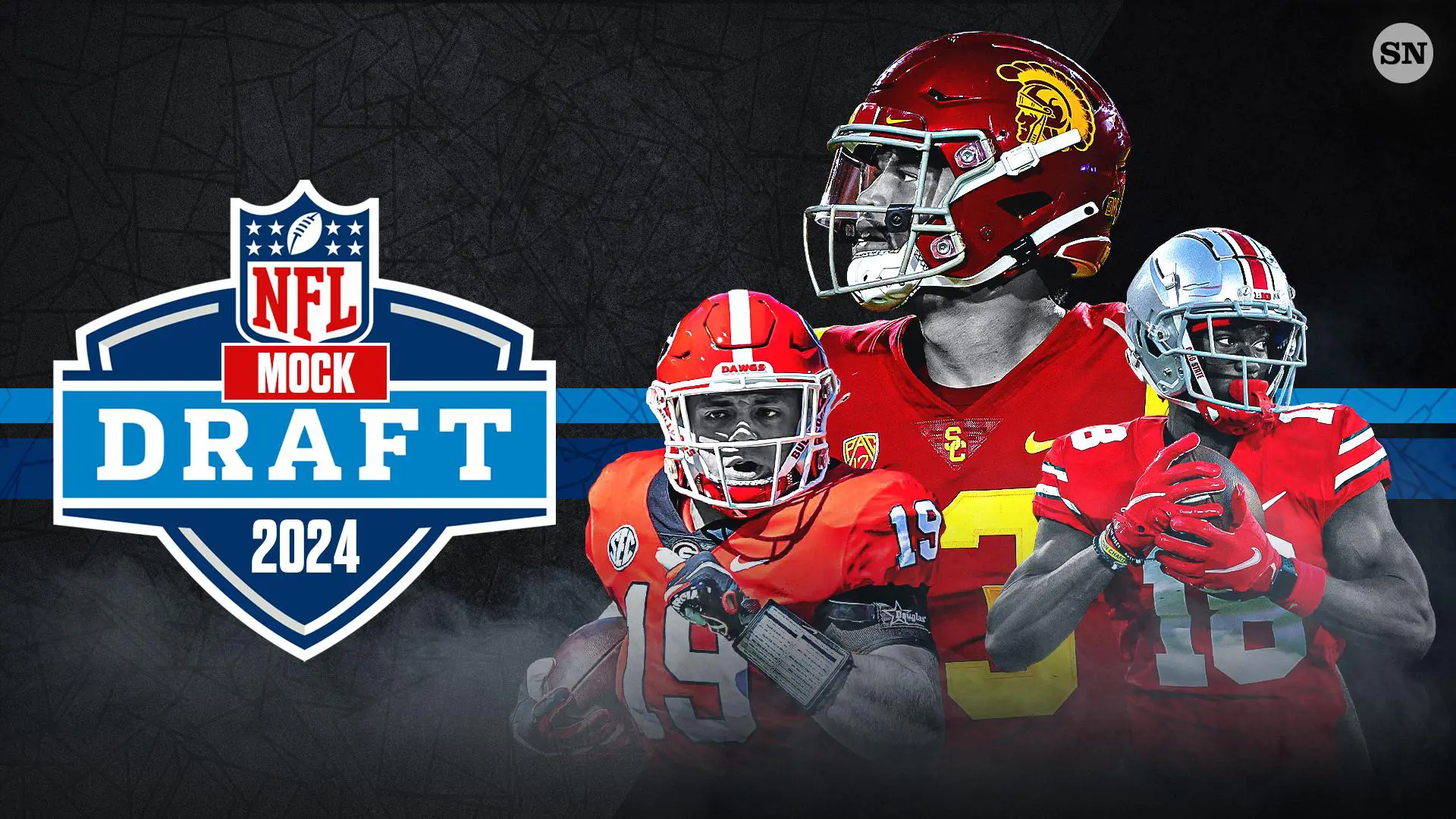The Job Offer: Now What?
2 min read
Updated: Feb 5, 2022
7 in 10 Stumble Through this Process

Through my executive coaching business, I assisted several insurance candidates this past week who found themselves in the unenviable position of having to navigate the job offer process on their own without the assistance of a recruiter.
My advice to them:
· The Verbal Offer: At the end of the interview process, the client hiring authority or Human Resources representative will make a verbal offer. This is the time to negotiate NOT when you get the written offer. It is at this time that you have maximum leverage. If they really want you, they won’t lose you for a few thousand bucks. Use this opportunity to squeeze out a few more days of PTO as well.
· The Written Offer: This will usually be in the form of a letter from the firm listing the terms of employment such as title, compensation, PTO, start date, etc.
· Negotiation: See the Verbal Offer bullet above – and, yes, everything is negotiable. See my podcast for more details on negotiations:
· The Background Investigation: It is very important to disclose any criminal or civil issues prior to even discussing an offer, particularly, with regards to DUIs or misdemeanor offenses that occurred a long time ago. In almost every single case, when a candidate discloses an issue prior to the offer, the client will give the candidate the benefit of the doubt. I discovered during the background check, it usually curtains for the candidate. I had a guy ten years ago who had beaten someone up very badly in a bar fight in college and was convicted of a felony assault charge. He disclosed it during my first conversation with me. He is now one of WDC’s top employee benefits producers with one of the nation’s largest brokers.
· The Resignation: A formal resignation letter is put together that is short and sweet – thanking your supervisor for the opportunity and formally giving a two-week notice.
· The Two-Week Notice: It’s two weeks, not three weeks or a month. Don’t fall into this trap. You have already made your decision. Don’t linger.
· The Counter-Offer: This is always a Dance with the Devil. Don’t even think about it. Most folks who accept a counter, are gone within the year because once you resign, they immediately start looking for your replacement. Every Time. Click here for my life take on dancing with the devil: https://youtu.be/l_10wNr6aOI
· On-Boarding: During your two-week notice period, HR will be providing you with your email account, setting up your equipment, more paperwork, etc.
· Commencement Date: This is your first day. In many cases, they will put a multi-page employment agreement in front of you to sign. Read it. Very carefully.
Not all processes work like this exactly, but you can expect something very similar. Of course, one can avoid all these minefields if you use an executive recruiter. They do all this for you. See this podcast on why everyone should be using a recruiter: https://houghtonsearch.com/podcast/episode/1a801c2b/why-everyone-needs-a-recruiter-orep-004
Good luck to all on your next job offer!!
rob



